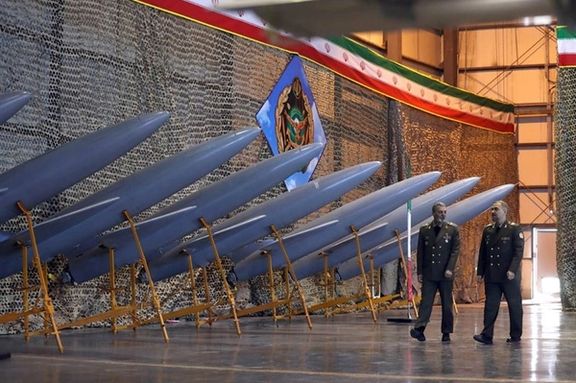Academics Raise Alarm Over Iran's Global Drone Research Partners

Collaborative drone research involving academics from the US, UK, and Australia with an Iranian university under international financial sanctions has stirred concerns.

Collaborative drone research involving academics from the US, UK, and Australia with an Iranian university under international financial sanctions has stirred concerns.
According to findings by The Guardian, security experts have pointed out the direct military implications of the research, citing its relevance to drone warfare scenarios, especially in conflict zones like Ukraine and the Middle East.
Conor Healy, Director of Government Research at IPVM, emphasized the significance, stating, "There are direct implications of the technology presented in this paper for military use."
Robert Czulda, a professor in international and political studies at the University of Łódź, Poland, echoed concerns, labeling the research as "potentially very dangerous." He warned against engaging in such projects, emphasizing the ease with which technologies related to communication and signal repeating could be repurposed for military applications.
The study, published by the Institute of Electrical and Electronics Engineers in 2023, explored the use of drones in wireless networks and as communication hubs. It involved collaboration between researchers from the University of Southampton, the University of New South Wales (UNSW) in Sydney, the University of Houston, and Sharif University of Technology in Tehran.
Notably, Sharif University, known for its ties to the Iranian military, is subject to financial sanctions by the EU and UK, with a senior official from the institution sanctioned by the US. Reports suggest that Iran's rapid development in UAV technology was facilitated by research support from Sharif University.
In response, governments took action. In June 2023, the UK probed collaborations with Iran on UAV research. Similarly, Canada tightened research funding rules. The University of Houston denied affiliation, citing export laws and UNSW denied direct funding but confirmed rigorous assessments.